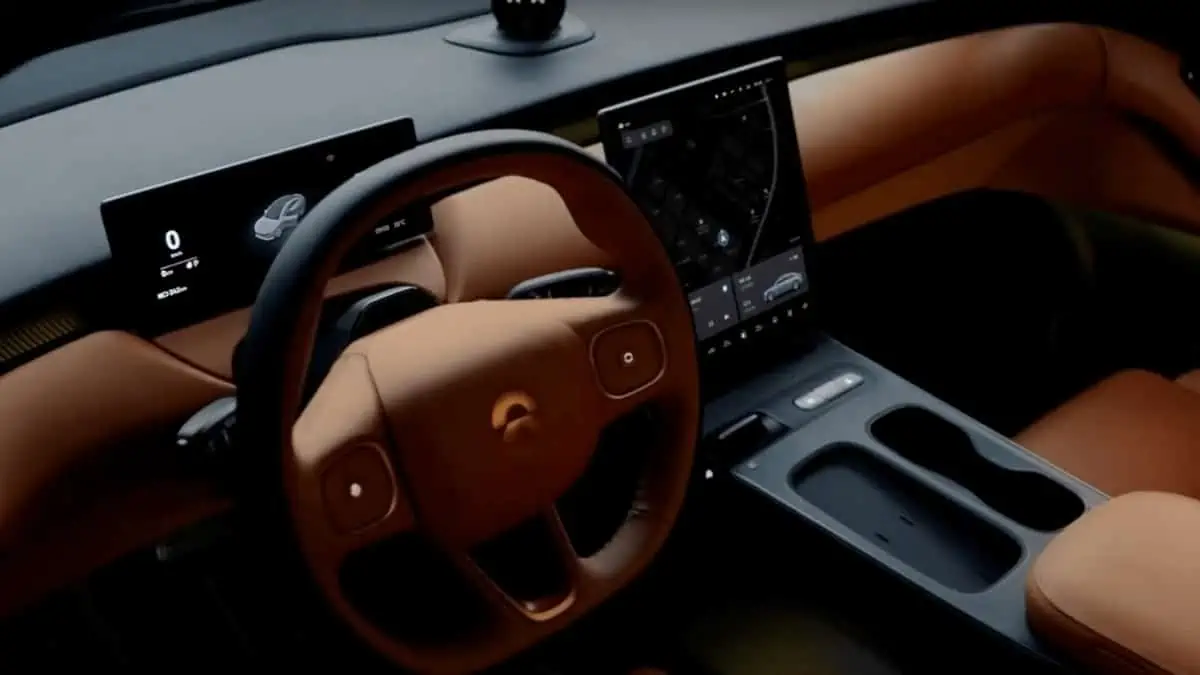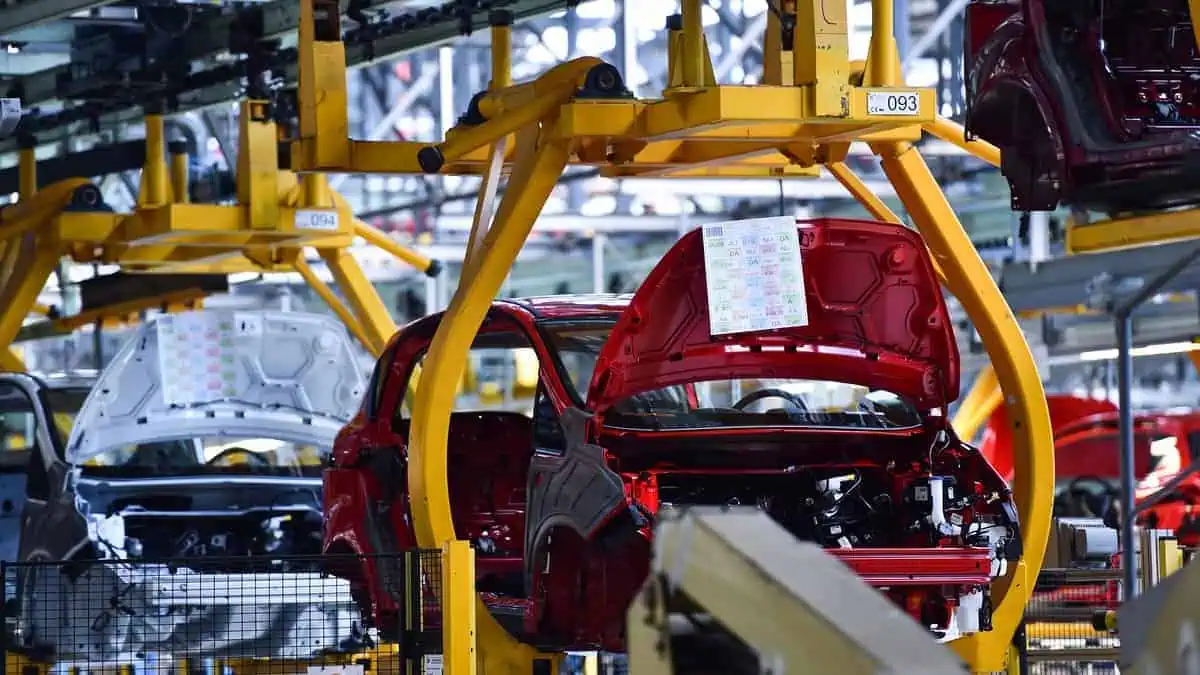Chinese electric automaker Nio announced plans to cut labor costs by replacing 30% of its workforce with AI-powered robots by 2027, South China Morning Post reported.
The decision apparently followed the company’s 10% workforce reduction in November amid the prevailing market challenges and competition.
Nio aims for a higher level of automation
Nio continues to work on advancing its current level of automation in electric vehicle production as it seeks to improve cost-effectiveness and ensure profitability.
For context, Nio’s workforce reached approximately 7,000 at the end of 2022, the corporate registry website Qichacha revealed.
According to the company’s manufacturing, logistics, and operations vice president, Ji Huaqiang, Nio aims to lay off 50% of its current managerial employees to increase its reliance on AI technologies across its factories.
In addition, Nio envisions employing industrial robots to cut the need for human workers on the manufacturing lines by 30% from 2025 to 2027.
“We want to resort to AI technologies to largely reduce reliance on skilled workers and technicians, and hence save more labour costs. If 80 per cent of our decisions [in manufacturing] can be made by AI, it will enable us to reduce 50 per cent of our managerial positions in 2025.”
Nio
Significance
The decision is apparently crucial for Nio to stay competitive in the rapidly growing electric vehicle industry. Electric automakers have been struggling from increasing losses amid the price war in the world’s largest auto market, China.
Moreover, the presence of about 200 electric vehicle players in the local market poses alarming concerns about overcapacity.
All that said, Nio has yet to be profitable since its launch in 2014. However, it continues to struggle as new luxury EV launches snatch rich customer attention away from the brand, such as Xiaomi and Baidu’s smart EVs.
Nio’s growth
Despite the challenges, Nio still managed to report a 36.3% year-on-year sales growth to 126,067 units in the January to October 2023 period.
However, Nio President Qin Lihong stated at the recent Guangzhou Auto Show that the almost 40% YoY growth still lags behind the automaker’s design and production prowess.
According to Interesting Engineering, Nio currently has two electric vehicle factories in Hefei. The first can produce up to 150,000 EVs on a single shift per year. For context, one shift typically employs 1,000 factory workers.
Meanwhile, the second boasts an annual production output of 300,000 units per shift. More impressively, it currently uses 756 robots to reach 100% automation in one of the production processes.
Nio indeed has a huge EV production capacity owing to its high-tech procedures and strategies. It can potentially grow further by continuously advancing its production automation. However, it poses a risk to human opportunities, particularly in production-related jobs.






